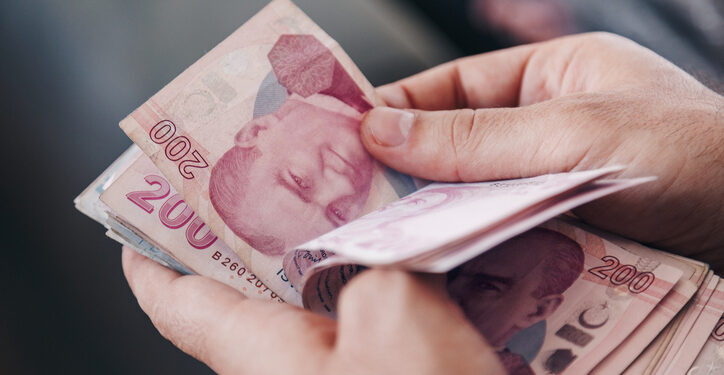Türkiye is being urged to overhaul its anti-bribery laws following criticism from the Organisation for Economic Co-operation and Development (OECD) over its failure to effectively investigate and prosecute cases of foreign bribery. Whistleblower law firm Kohn, Kohn & Colapinto (KKC) analyzed the OECD’s latest Anti-Bribery Convention Phase 4 Report, which highlights Türkiye’s shortcomings in enforcement and condemns the Turkish government for interfering in foreign bribery investigations.
In a recent article, Kohn, Kohn & Colapinto (KKC)—a leading whistleblower advocacy law firm in Washington, D.C. —raised concerns about Türkiye’s performance in the OECD’s Phase 4 Anti-Bribery Convention Report. The findings were blunt: Türkiye has not secured a single successful foreign bribery prosecution and has demonstrated political interference in enforcement, limited press freedom, and nonexistent whistleblower protections.
“Türkiye’s anti-corruption efforts deserve the ‘F’ grade given by the OECD,” said Stephen M. Kohn, founding partner at KKC. “Türkiye’s lack of whistleblower protections and failure to prosecute corruption cases stand out for its complete failure to adhere to international standards.”
According to the OECD and KKC’s analysis, Türkiye’s anti-corruption system is plagued by serious flaws:
- Zero successful foreign bribery prosecutions
- Ongoing censorship and intimidation of journalists
- No meaningful protections for whistleblowers
- Political interference in foreign bribery proceedings
The OECD rarely issues such strong language in its report. However, in Türkiye’s case, it expressed “grave concern” about nearly every element of the country’s enforcement mechanisms—from detection and investigation to prosecution and public accountability.
KKC is calling on the Turkish government to fully implement the OECD’s recommendations. These include an overhaul of its detection, reporting, and enforcement systems, as well as an immediate end to the censorship of foreign bribery coverage in the press.
The consequences of Türkiye’s legal inaction have gone far beyond reputational damage. In recent years, Turkish firms—or international companies operating within Türkiye—have paid billions of dollars in sanctions to the U.S. under the Foreign Corrupt Practices Act (FCPA) for bribery and corruption offenses.
That money could have been recovered by Türkiye itself, had its enforcement and judicial systems been capable of prosecuting these crimes domestically. Instead, whistleblowers with evidence of corruption have had to rely on U.S. legal frameworks to hold bad actors accountable.
As the international community prepares for the upcoming United Nations Convention Against Corruption (UNCAC) in December, KKC is urging Türkiye to seize the moment.
The UNCAC summit presents a crucial opportunity for Türkiye to demonstrate its commitment to global anti-corruption standards, implement whistleblower protections, and rebuild public trust in its justice system.
Until then, the message from global watchdogs and whistleblower advocates is clear: Without immediate reform, Türkiye risks further isolating itself from international standards—and missing out on both justice and billions in recovered funds.




